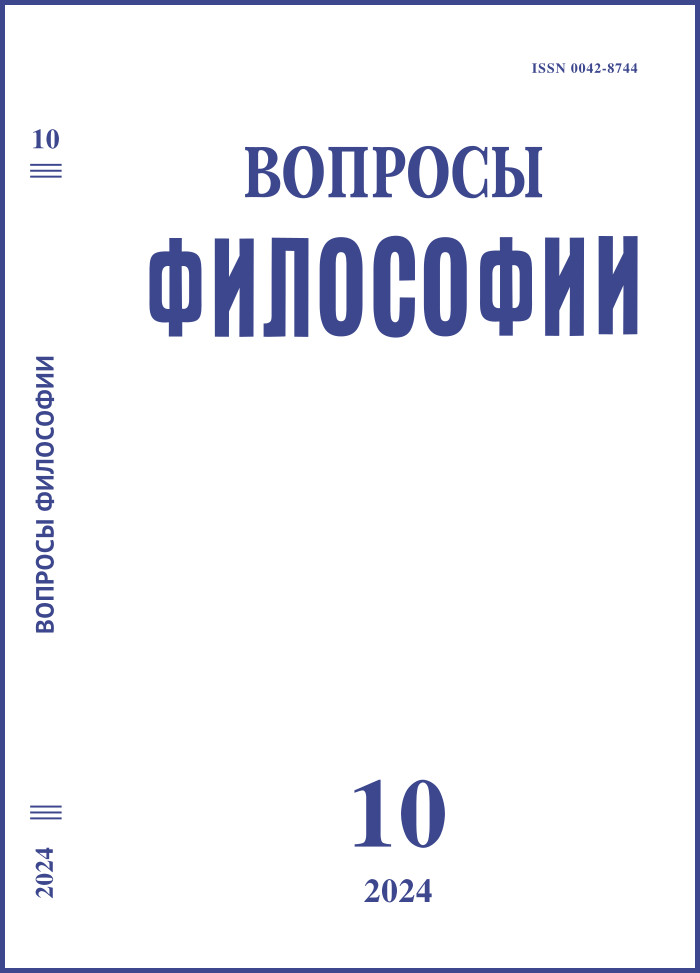Reflection on the Concept of Conscience: a Comparative Analysis of Approaches in Arab-Turkic Islamic Philosophy
DOI:
https://doi.org/10.21146/0042-8744-2024-10-176-186Keywords:
islamic philosophy, conscience, nafs, mind, heartAbstract
The concept of conscience is one of the main unsolved problems of moral philosophy. It is of great importance to reveal the discussions about this concept until today collectively on the philosophical level, in terms of clarification the questions related to the source of morality and moral propositions and the subjectivity or objectivity of ethical values. We can evaluate the explanations related to the concept of conscience in two categories as etymological and terminological. While explanations on the etymology of the concept are naturally based on classical dictionaries, conceptual explanations are based on classical, medieval and modern Western and Islamic moral philosophy texts. The main purpose of the study is to discuss the moral content of the concept of conscience in the light of Islamic philosophies comparatively, based on the basic works related to the concept in Islamic thought. The main thesis of the study is that conscience is a deeply appealing power that has metaphysical, psychological and epistemological aspects. Consequently, we can define conscience as a spiritual force with cognitive, emotional, and voluntary aspects

